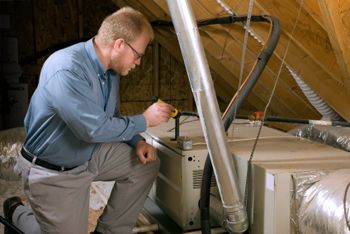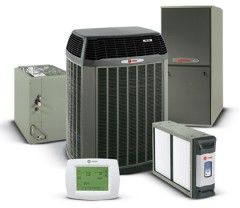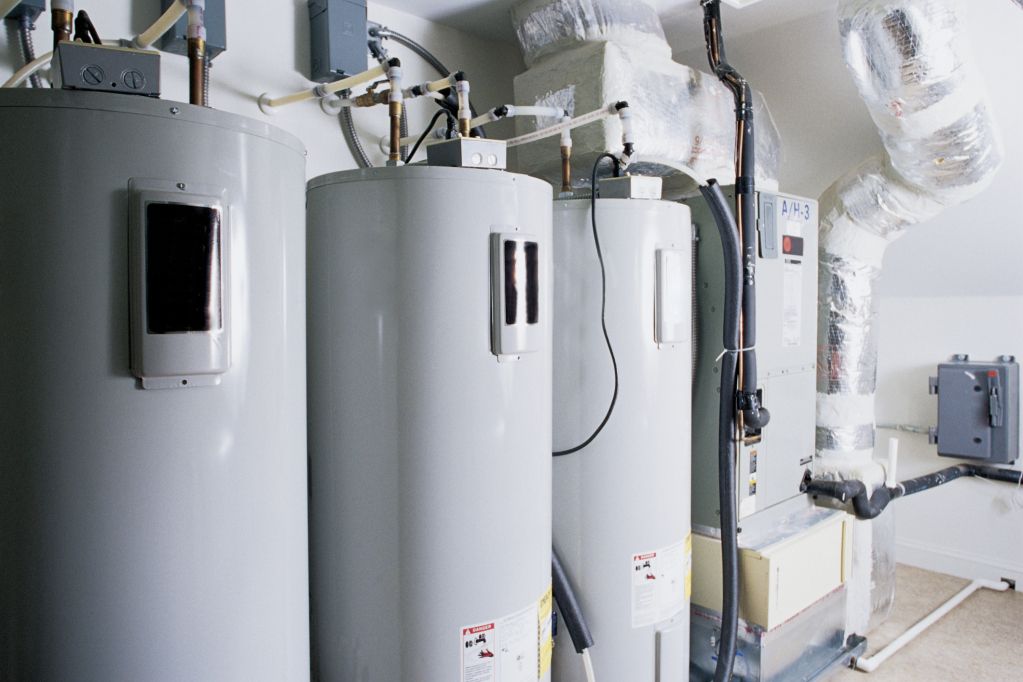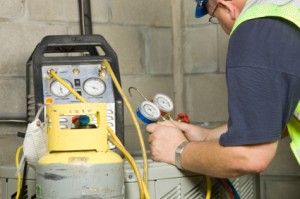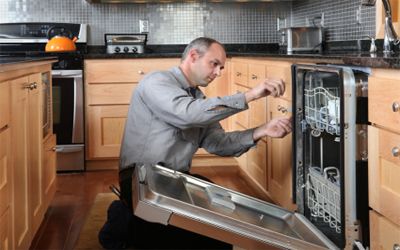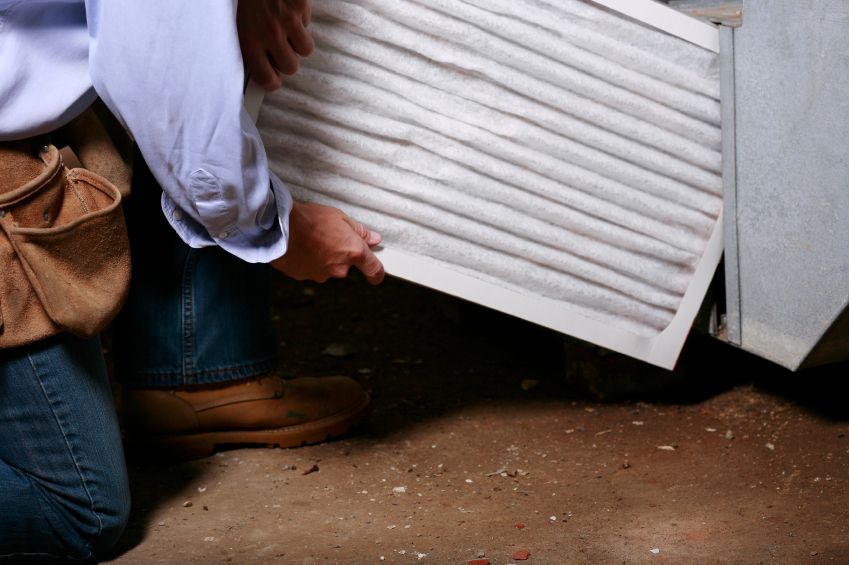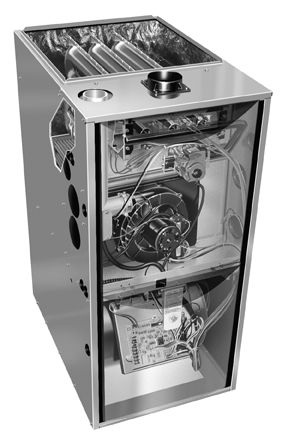Heat Repair In DC
Maintaining a gas furnace is a very crucial job which must be done from time to time. It must be cleaned every year. Along with the cleaning, you have to check the furnace, whether it is working properly or not. If it is not working properly, then carbon monoxide is produced.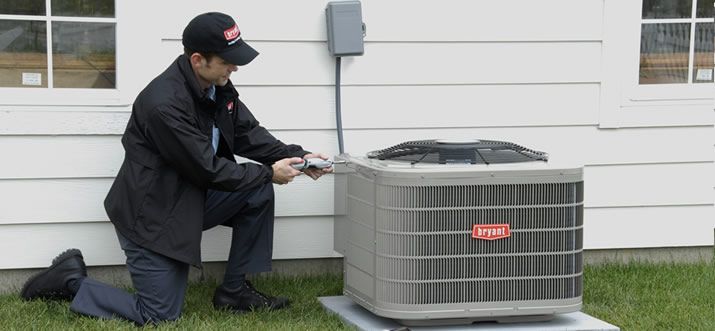
Heat Repair In DC
Carbon monoxide is highly poisonous and can cause flu like symptoms, confusion, dizziness and many other health hazards. Carbon monoxide is a by-product of the incomplete combustion of natural gas. Carbon monoxide is odorless and colorless. Older furnaces emit more carbon monoxide due to the decreased efficiency of the combustion.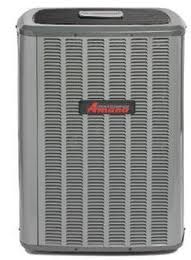
Heat Repair In DC
Also, older furnaces develop cracks and these cracks serve as an outlet for the leakage of carbon monoxide. These cracks in the furnace are not even visible to the naked eye. Therefore, it is important to undertake…
View original post 478 more words
